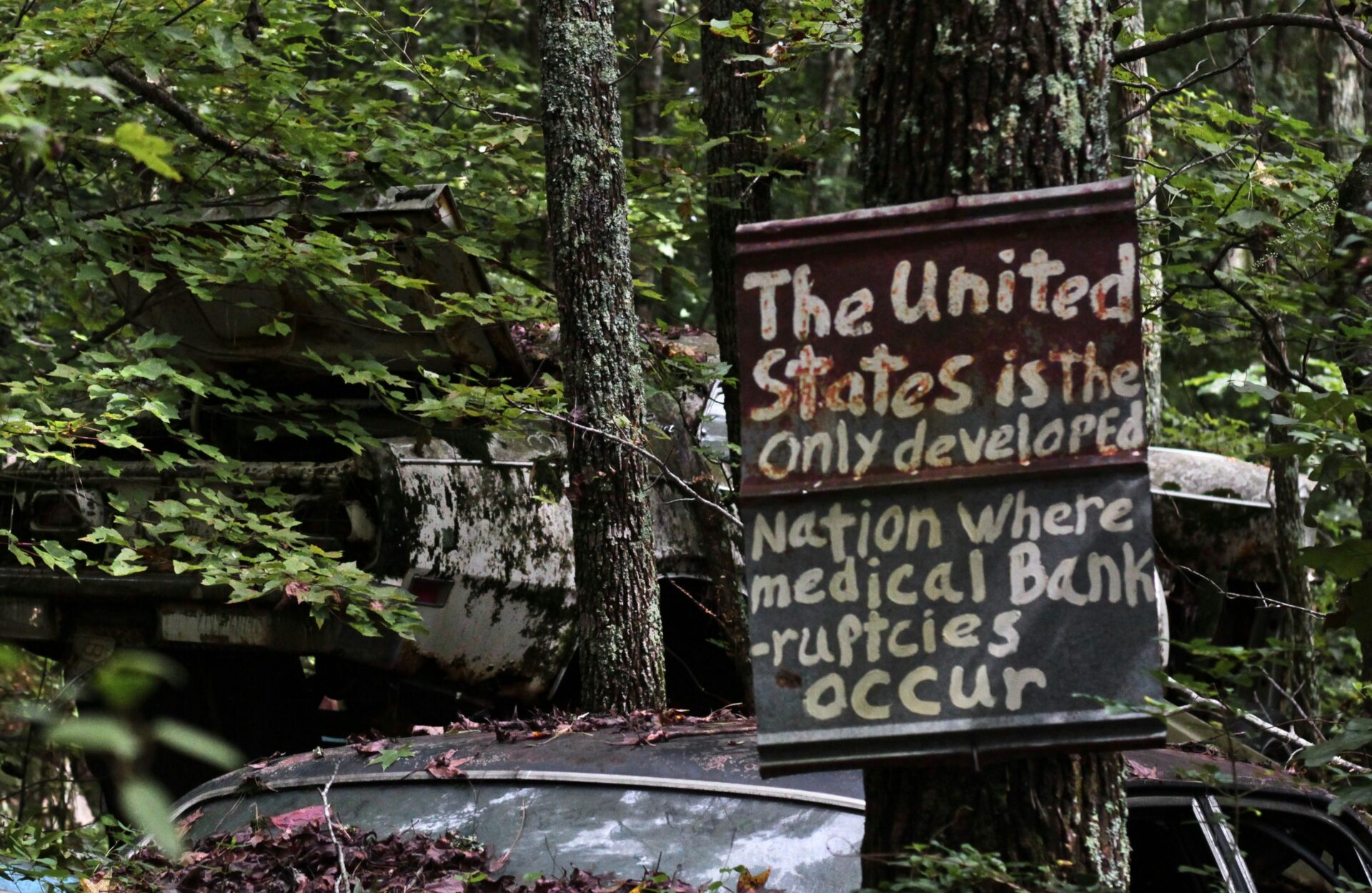You may be one of the millions of Americans whose healthcare could be affected by a massive $880 billion cut to Medicaid, a proposal currently being pushed by House Republicans. The plan is part of what Donald Trump has called a “big, beautiful bill,” and it aims to significantly shrink the government’s role in healthcare, especially for low-income, disabled, and elderly Americans.
According to the Congressional Budget Office, these changes could leave an estimated 13 million people without health insurance by 2034.
Advocacy groups sound the alarm
Health advocacy groups are ramping up their campaigns to fight back. Groups like the American Lung Association and the American Cancer Society are joining forces to push against the bill. Erika Sward, with the Lung Association, recently told the story of a stage 4 cancer patient who was too sick to work and not officially “disabled”—a situation that could become far more common if these cuts pass.
“The idea that you then have to justify your sickness while you’re fighting for your life is incomprehensible,” she said.
The heart of the plan: Work requirements
At the center of the proposed Medicaid cuts are new work requirements. Republicans argue this will save $715 billion and push people into the workforce. But studies—and even some conservative lawmakers—disagree. These requirements often create more red tape and can cause people who are already working or too sick to work to lose coverage.
Under the House bill, you’d need to prove you’re working before applying for Medicaid. That could hit low-wage workers, people with chronic illness, and the elderly especially hard.
Divisions within the republican party
Not all Republicans are aligned. Some, like Missouri Senator Josh Hawley, have called the plan “morally wrong and politically suicidal.” Others think it doesn’t go far enough. Meanwhile, Trump has flip-flopped—at times promising to protect Medicaid and at others leaving it out of his list of protected programs.
Health Secretary Robert F. Kennedy Jr., defending the bill in Congress, said Medicaid should be only for poor children, mothers, and the disabled. But that excludes millions of others, particularly working Americans who don’t get insurance through their jobs.
The bigger picture: Obamacare is also at risk
This bill doesn’t stop at Medicaid. It also proposes to let key parts of the Affordable Care Act (ACA), also known as Obamacare, expire—specifically, the premium tax credits that help individuals afford insurance on state marketplaces.
Without those credits, health insurance could become unaffordable for millions who don’t get coverage through an employer. And before the ACA, buying insurance individually was often nearly impossible for many Americans.
What happens next
Republicans moved the bill out of committee last week, and Speaker Mike Johnson is pushing for a full House vote by Memorial Day. If passed, the changes could reshape healthcare access in America for decades.
As Julie Nickson from the American Cancer Society put it, “This Medicaid fight is the fight we are all in.” And if you or someone you love depends on Medicaid or ACA subsidies, it’s a fight that may impact your life directly.
Read now: Social Security: What is the Full Retirement Age (FRA) if you were born in 1960?

